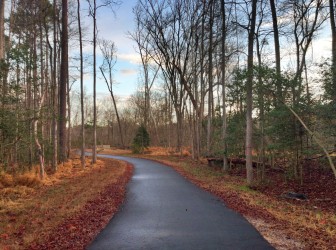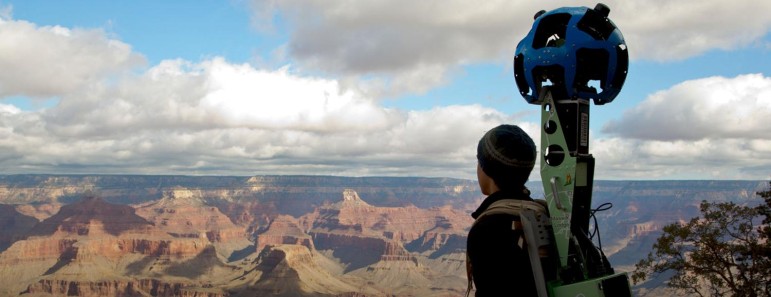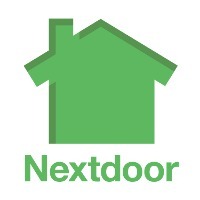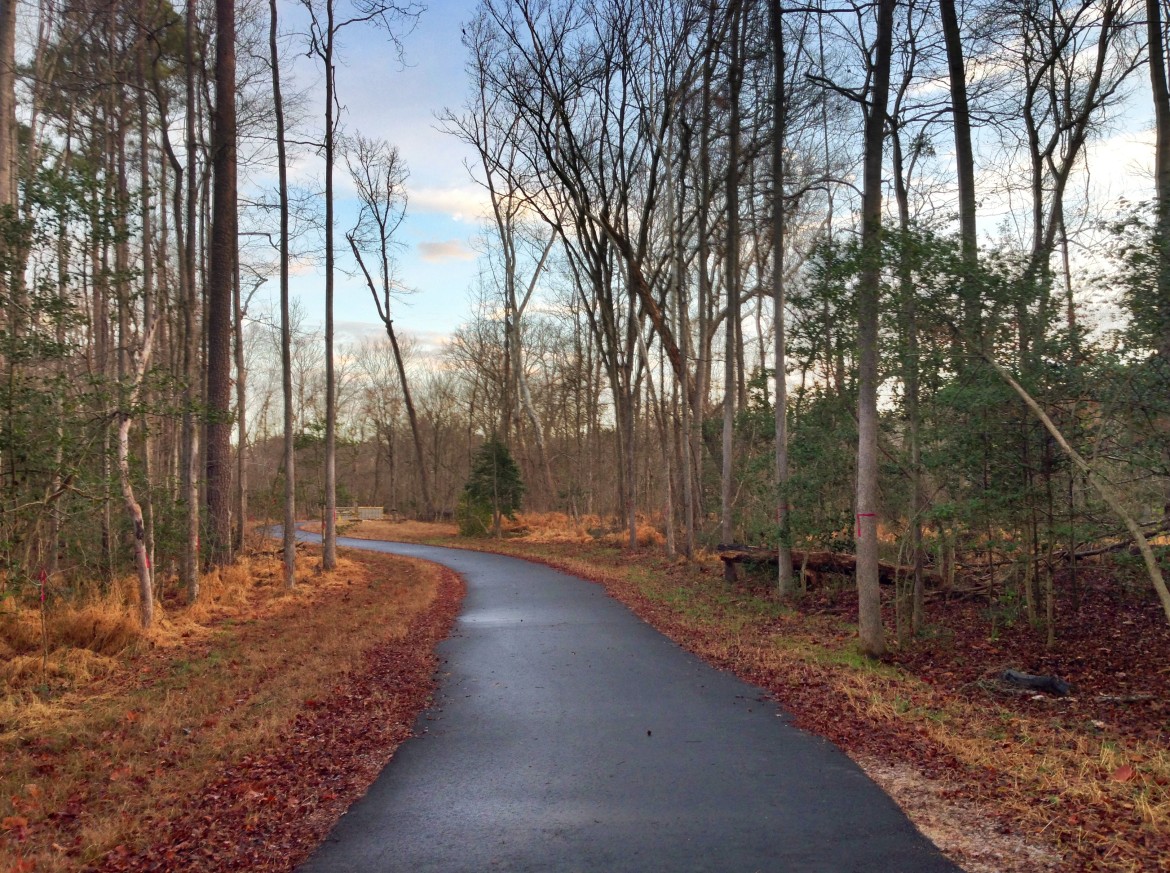The technology and communication committee met Tuesday to discuss the Google Street View Trekker project and the possibility of using the Nextdoor social network to inform neighborhood residents about public safety issues.
The Google Street View Trekker program loans equipment to organizations who can capture panoramic images of places in locations not visible from the streets.

James Borden
Raleigh’s Greenways could eventually have Google Streetview-like maps available
Plans for the use of Google Trekker include mapping the “Art to Heart trail,” which runs from the North Carolina Museum of Art to the convention center in downtown Raleigh. Other possible targeted areas include the Neuse River Greenway Trail, signature parks of the city of Raleigh, and the Raleigh Municipal Rose Garden.
Councilor Gaylord suggested using a coordinated effort to get the greenway trails, and it was noted that public affairs had videographers ready to be assigned out to whatever areas were to be mapped.
“I’d be interested in helping out with the effort,” Councilor Gaylord said.
Councilor Baldwin asked about the cost of the project, and it was answered that the only cost for the city would be the manpower needed to use the equipment. She also asked about repurposing the images for additional use.

A promotional image for the Google Trekker program
The item was reported out of committee with no action taken.
The Raleigh Police Department (RPD) gave a report about the possibility of using Nextdoor to communicate with neighborhood residents about public safety issues. Manish Lamba, a citizen, had raised the topic during a citizen’s petition section during a meeting of the Raleigh city council.
An officer from RPD gave the presentation, stating that Nextdoor is a private social network that has a trusted online environment where neighbors feel comfortable about discussing issues important to the local community. 20 percent of the talk on the network centered on crime and safety issues.
Nextdoor was also said to be reasonably secure, with an address verification system that necessitates the use of a real name or verification by mail, a phone call, or a credit card.
 The proposal before council was to explore ways of having RPD join as an “agency user,” so that conversations on the network would be shielded from RPD but RPD could send out information or respond to direct messages.
The proposal before council was to explore ways of having RPD join as an “agency user,” so that conversations on the network would be shielded from RPD but RPD could send out information or respond to direct messages.
The officer said that the main concerns were communicating to the citizens that this service would not replace calling 9-1-1 and that an officer would not be there to answer the account at all times, as they were “needed to on the streets.”
The benefits would include targeted neighborhood-specific information, providing information on potential crime issues proactively, and the potential for greater reaction to crime issues within the neighborhood, which would create a “virtual neighborhood watch.”
In Raleigh, 25,000 citizens are registered as users on the site, which make up 304 neighborhoods. It was said that Nextdoor would undertake a publicity campaign when RPD joins and train RPD officers before implementation of the new system.
Councilor Gaylord said he had signed up for Nextdoor and saw information that could cause the RPD confusion, such as unproductive chatter or speculation about break-ins. It was reaffirmed that the RPD would be shielded from this type of communication.
“It’s not an interactive information tool,” Councilor Baldwin said. “It’s a push-out information tool.”
The item was approved and reported out to the next city council meeting.
